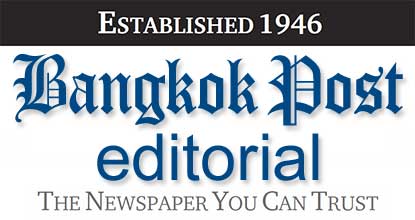
A year ago tonight, the world confirmed what most people already suspected. Privacy is dead and the Big Brother of George Orwell’s 1984 is alive. An obscure technician, Edward Snowden, began releasing documents stolen during his work on behalf of America’s most shadowy intelligence group. He proved the US National Security Agency (NSA) routinely spies on hundreds of millions of people.
Mr Snowden is a whistleblower to many, and a traitor to his government and others. He was a news source who won journalism awards for the favoured few reporters on whom he showered tens of thousands of documents. Some believe he was a spy, probably for Russia, the country that gave him asylum to keep him out of prison in the US. Whatever he was, and is, Mr Snowden is the man who proved that governments don’t spy on our behalf, but to keep track of us. His latest disclosure yesterday showed the NSA is harvesting every photo we put on Facebook and other media, and applying facial recognition.
Early revelations from Mr Snowden revealed that, while the US was arguably the world’s best at surveillance, it was not alone. Britain, Canada, New Zealand and Australia are part of a network of countries sharing the information they obtain. Australia was forced to apologise, profusely, for tapping the personal cellphones of Susilo Bambang Yudhoyono. During that diplomatic brouhaha, Abdullah Mahmud Hendropriyon, the retired head of Indonesia’s State Intelligence Agency, the BIN, wondered what all the fuss was. Everyone, he said, knows that all governments spy on each others' leaders.
He has a point. The first anniversary of Mr Snowden’s damaging leaks about the NSA coincide with an event that has raised no recorded outrage. Junta leader Gen Prayuth Chan-ocha has ordered the Ministry of Information and Communication Technology (ICT) to quickly establish a central internet "gateway" or chokepoint. When ready, probably very soon, every post, text, web page and selfie will pass through central surveillance.
This is a historical event. Authorities at many levels have always had the theoretical ability to read and monitor personal communications. Police have long tapped phone lines of suspected criminals. Defence forces have entire departments tasked with intercepting radio communications. Long before the coup, the ICT had monitored, declared "unacceptable" and filtered out web pages and entire sites.
The central gateway is a Snowdenesque escalation. Until now, the only class of citizens fully monitored for what they read, what they wrote and who they communicated with were convicted, incarcerated prisoners. A new class of citizens under full-time, never-off surveillance has been declared: anyone in Thailand who uses the internet.
Like the US, the NCPO reassures the country this is needed for national security. Forces are at work, both at home and abroad, dedicated to causing havoc, death and destruction. Mr Obama has said that massive surveillance is a necessary tactic in fighting such threats to the country.
Even before the single gateway system has begun, the NCPO admitted to shutting down 219 websites. Most of them were contentious pages of the colour-coded political battle.
It is arguable we are better off without them and their constant driving of a wedge between Thai citizens. Still, it is disquieting to learn that authorities intend to sit on our shoulders, so to speak, and watch all that we do online. Mr Snowden is not responsible for doing that. But without him, we might not even know.